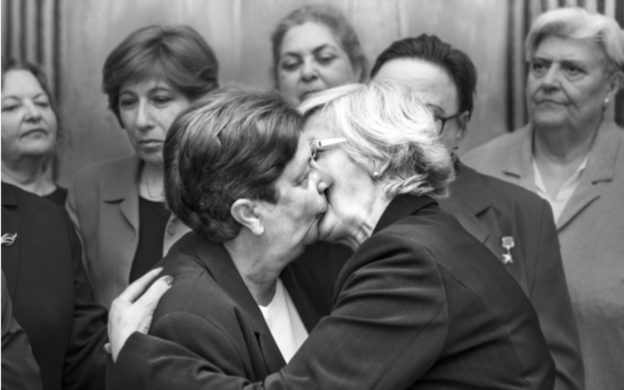 |
– In the Reconstruction of Identity exhibition.
 Mitchell Moreno
Mitchell Moreno
“BODY COPY”
Non-binary artist Moreno offers audiences portraits of themself performing different forms of masculinity, inspired by titles of adverts found on gay and queer hookup sites. Body Copy deals with queer sexuality while proposing a contemplation about class and the realities of a certain social milieu. This series emerged partly as a way of addressing the crisis of being photographed and of seeing themselves.
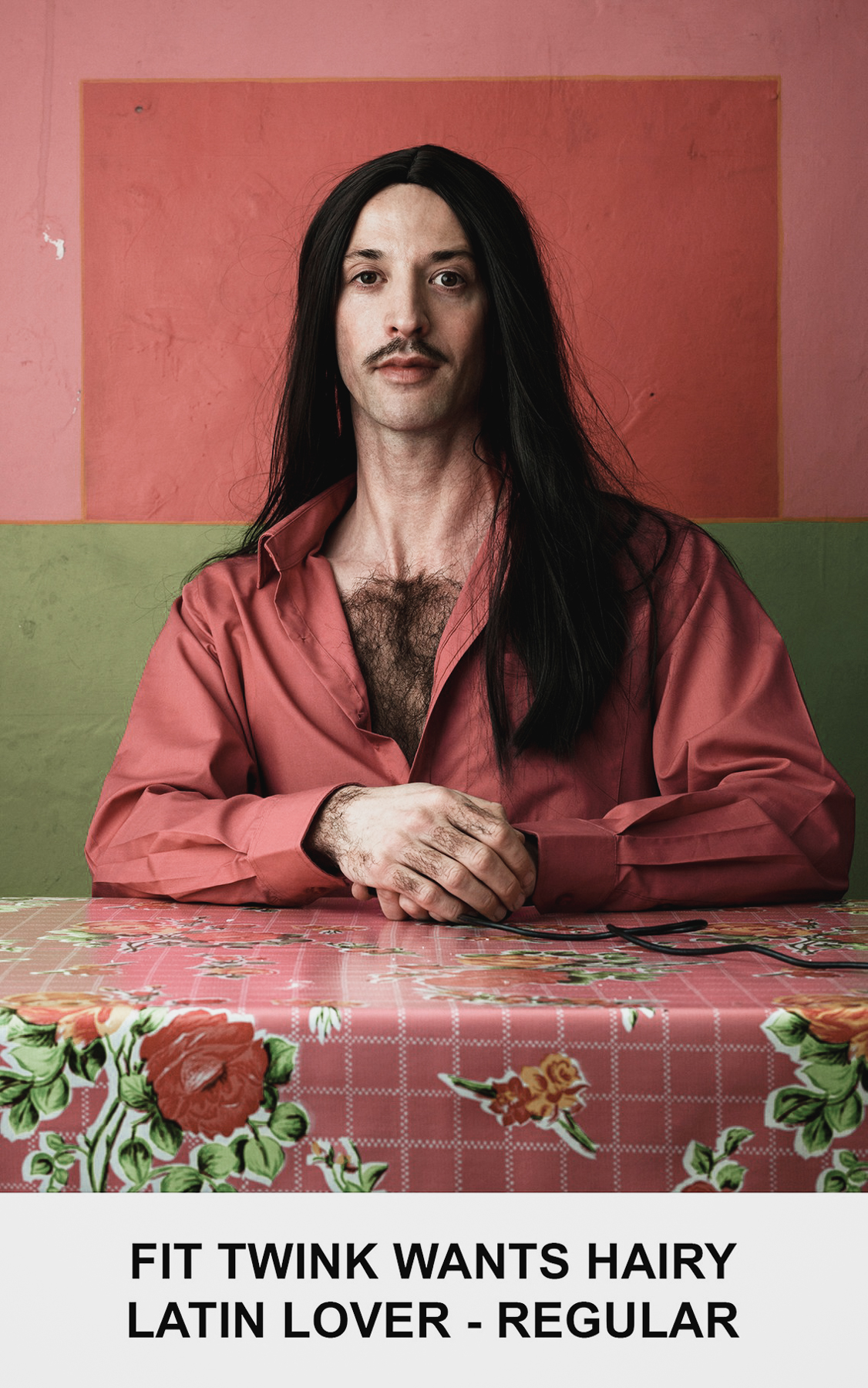 | 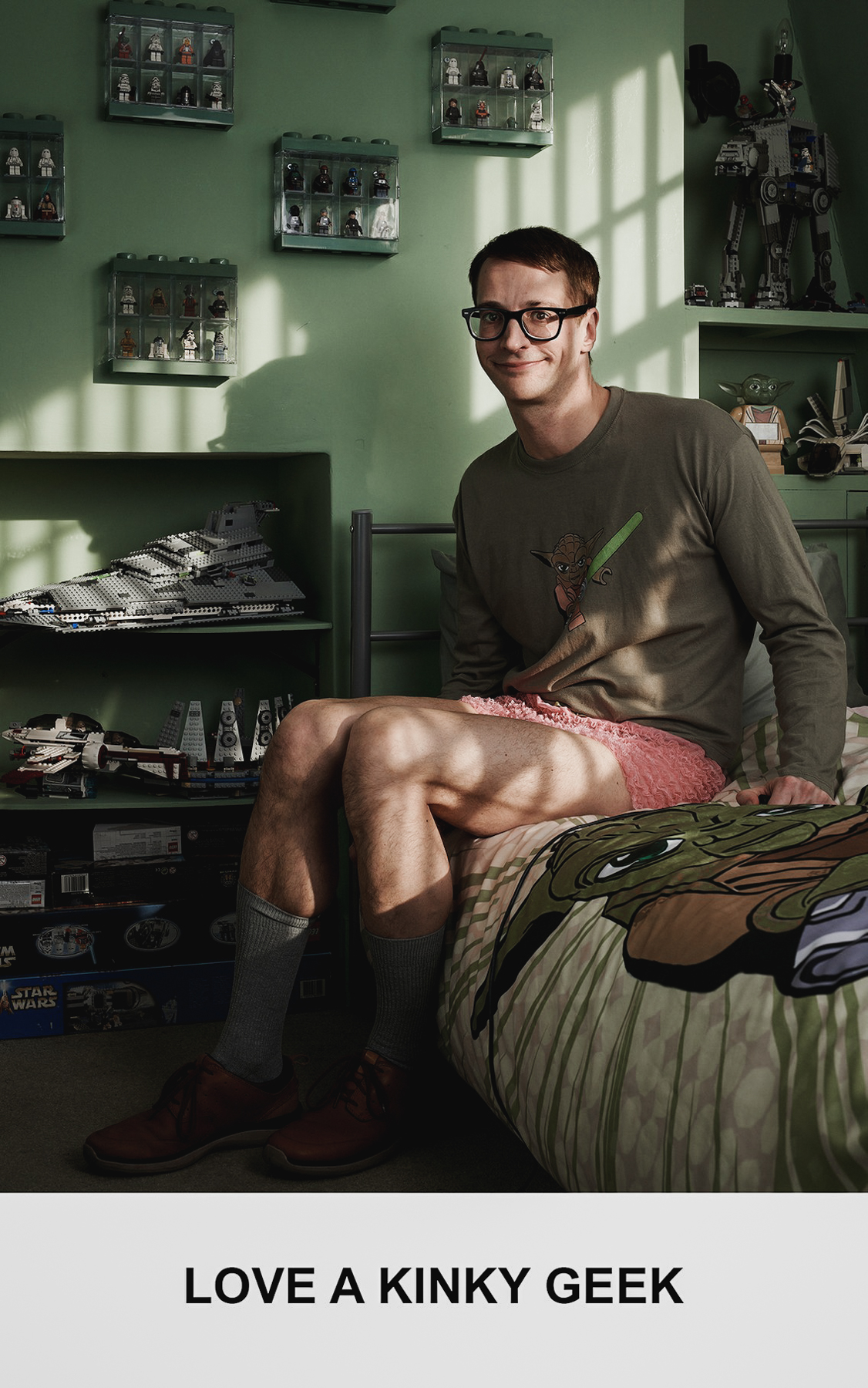 |
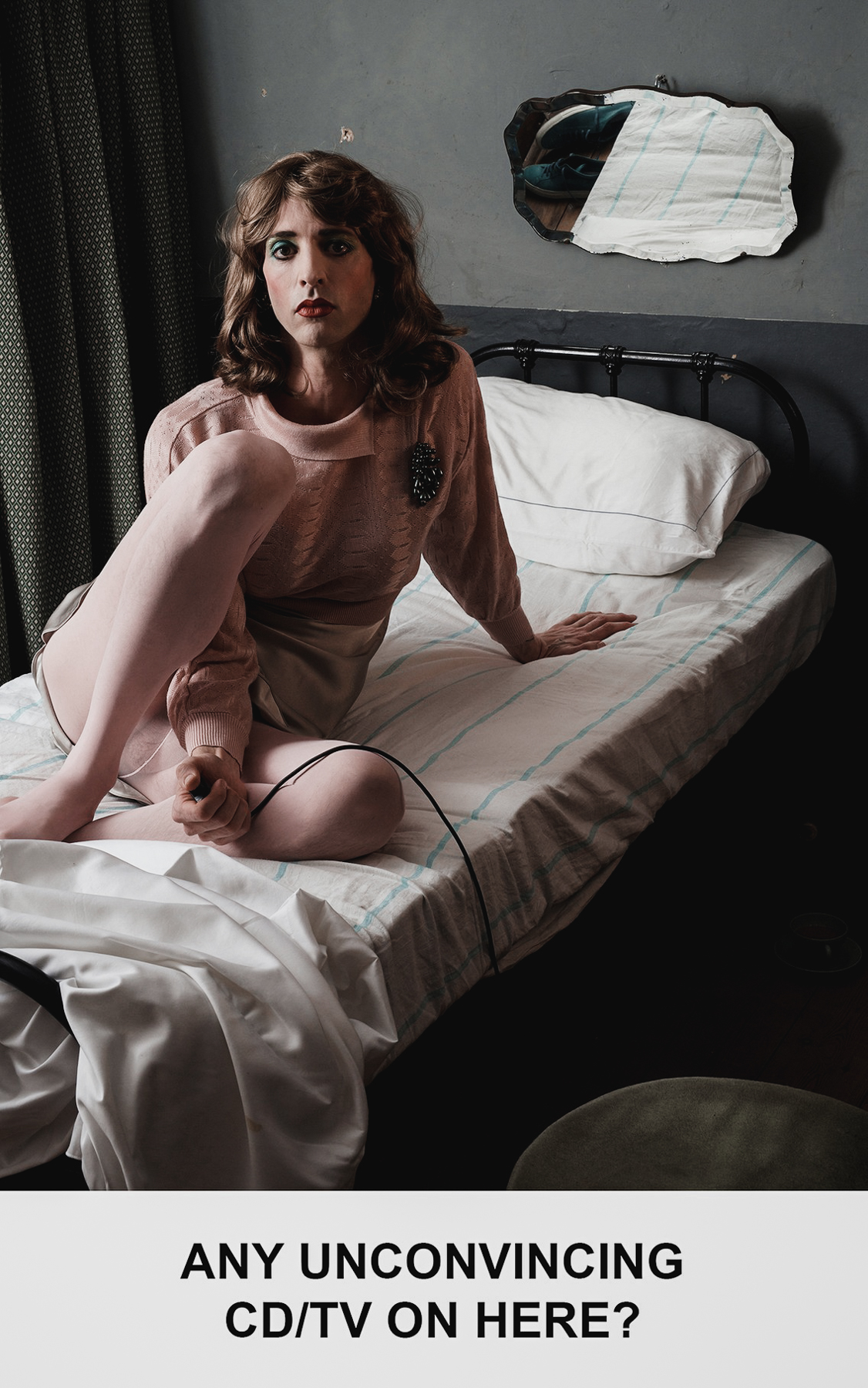 |  |
 Marine Gastineau
Marine Gastineau
“IDENTITY INBETWEEN”
The French documentary photographer Gastineau captures striking portraits of Senegalese diaspora in the Italian town of Savignano Sul Rubicone, Italy. Feelings of belonging and exclusion are articulated in these photographs through meticulous compositions of shadow and light where the subjects are to be found, emotionally torn between the past, the present, and lost futures. This chiaroscuro effect emotes without words the mixed feelings of the hardship of immigration, adaption to relocation, and the hope that still remains for a better life without exclusion.

– In the Reconstruction of Identity exhibition.
 Ting Cheng
Ting Cheng
“LITTLE ODD THINGS 拐瓜劣棗”
Ting Cheng offers an innovative approach in her series as she uses photography and sculpture to start a dynamic dialogue about art photography. The frames are playful and colorful assemblages that comment on the volume of waste produced by the food industry every day. The models are misshapen vegetables, rejected by supermarkets and therefore disposed of.
 | 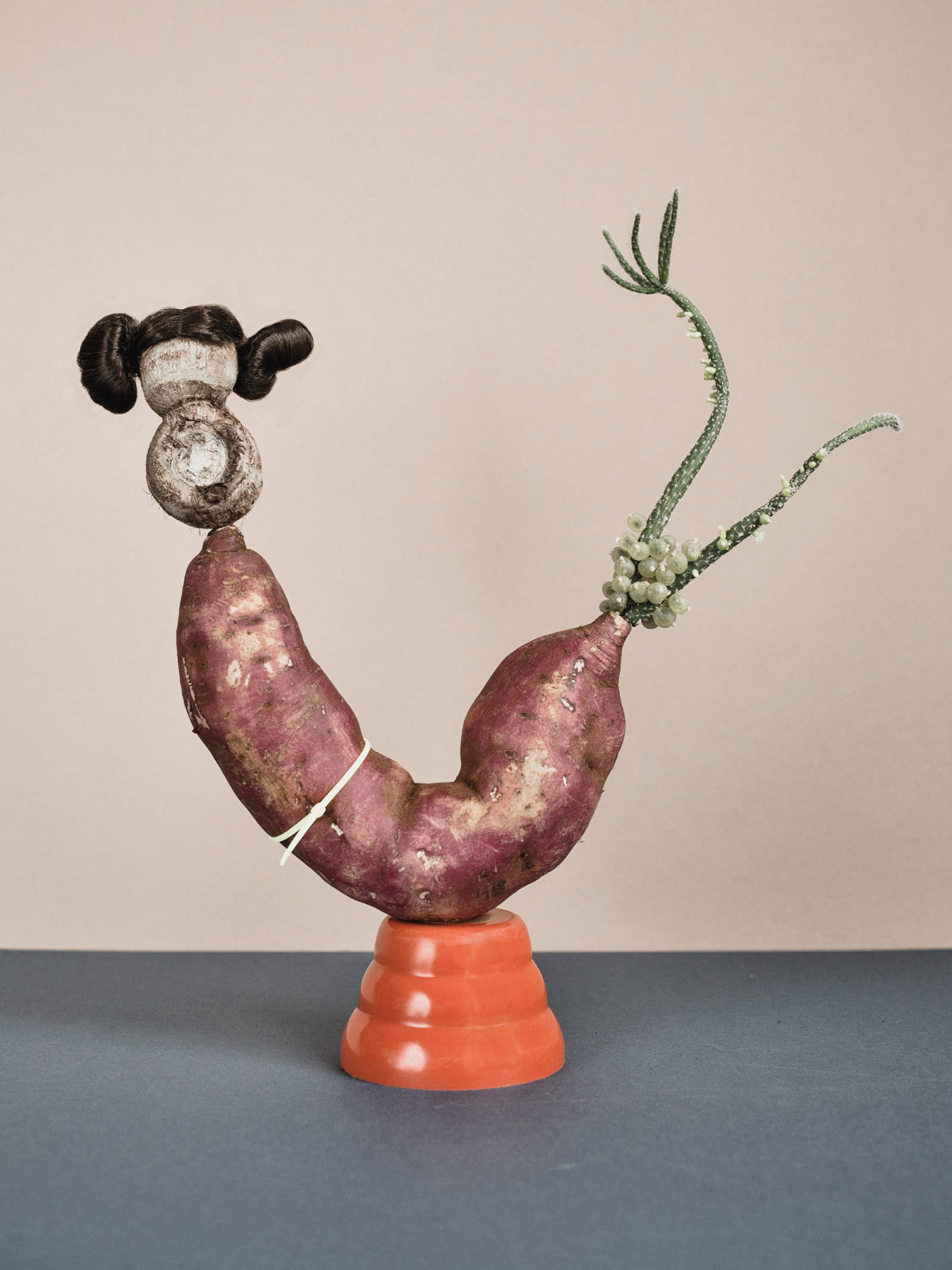 |
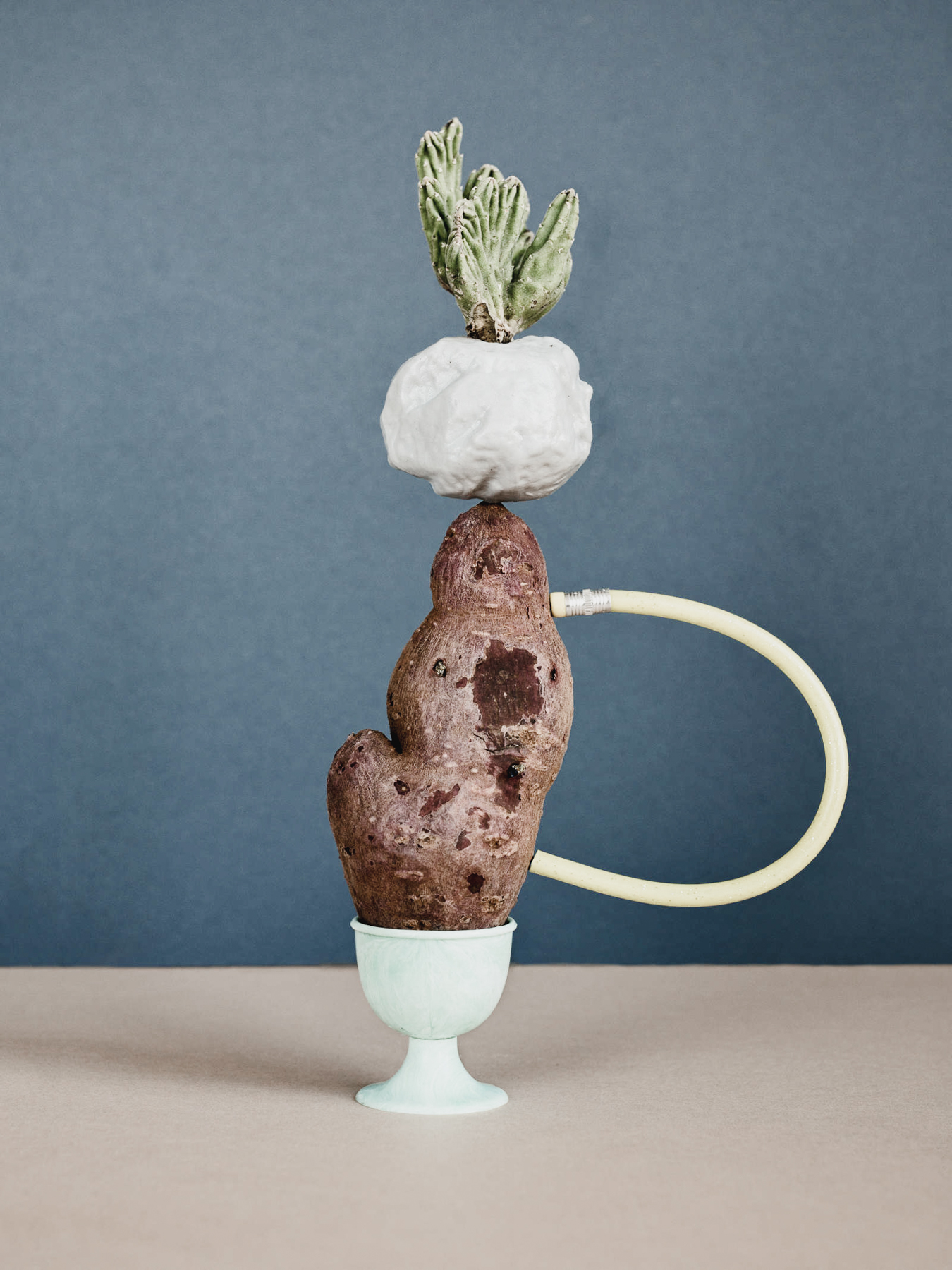 | 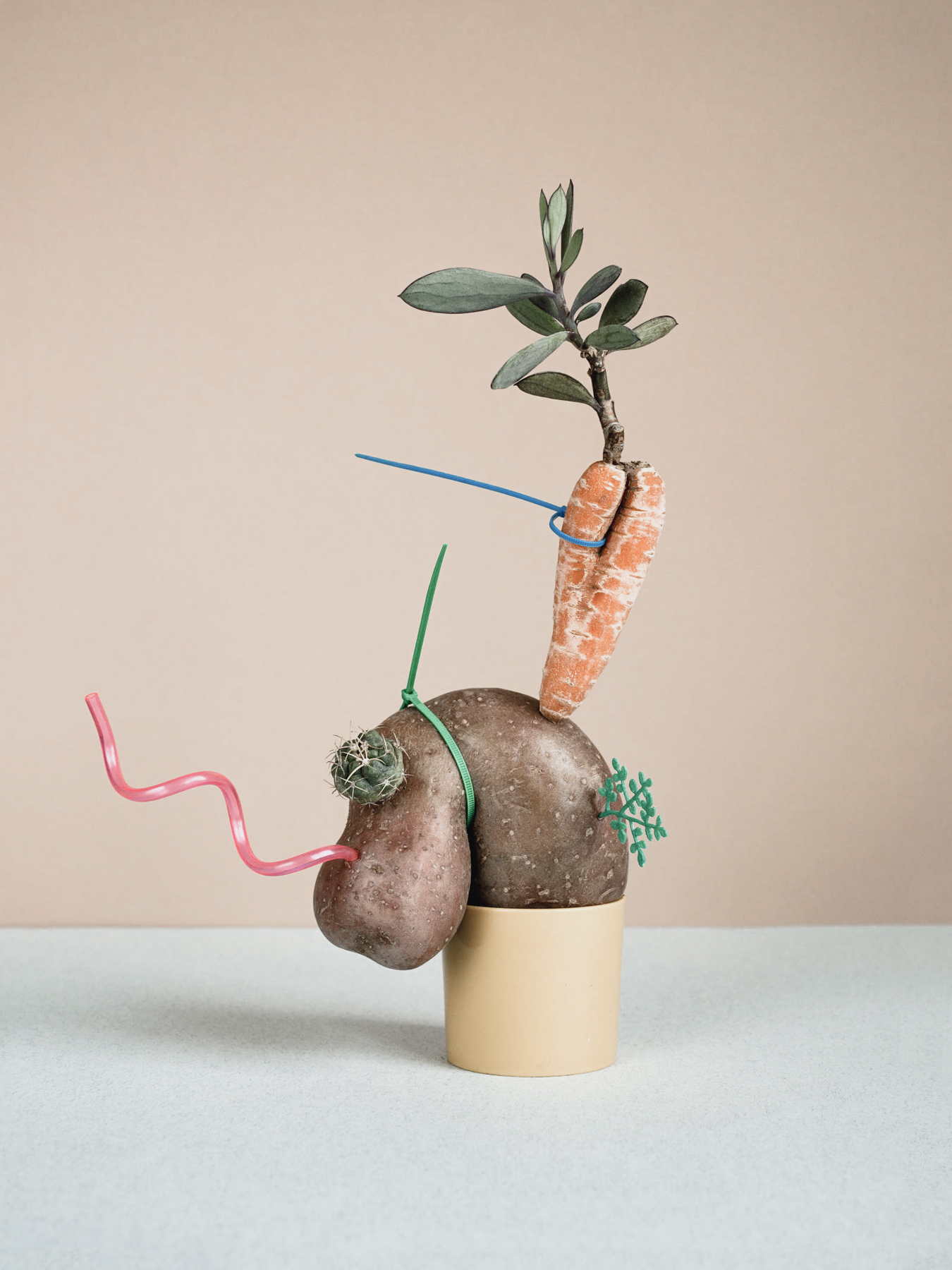 |
– In the The Censored Exhibition exhibition.
 Filippo Venturi
Filippo Venturi
“Untold”
Filippo Venturi’s main photographic research has to do with the human condition. For his contribution to the exhibition, Venturi documented the lives of several families seeking asylum in Italy and awaiting the outcome of a lengthy process to get a residency permit. He puts an emphasis on capturing the experiences of women, as too often they’re unheard. The work sheds light on the two extremes of these women’s ordeals, one of a perilous voyage, the other a silent and immobilizing wait – which is arguably just as inhumane.

– In the Reconstruction of Identity exhibition.
 Cecilia Sordi Campos
Cecilia Sordi Campos
“TEM BIGATO NESSA GOIABA”
Cecilia Sordi Campos’ series tells an intimate and personal story of redefinition and rediscovery, as she documents her migration from Brazil to Australia in parallel with her separation from her husband of 10 years. The result is a display of scattered identity after emotional turmoil, made possible by her sincere and unfiltered way of untangling and disclosing the layers of her hybrid identity through photography.
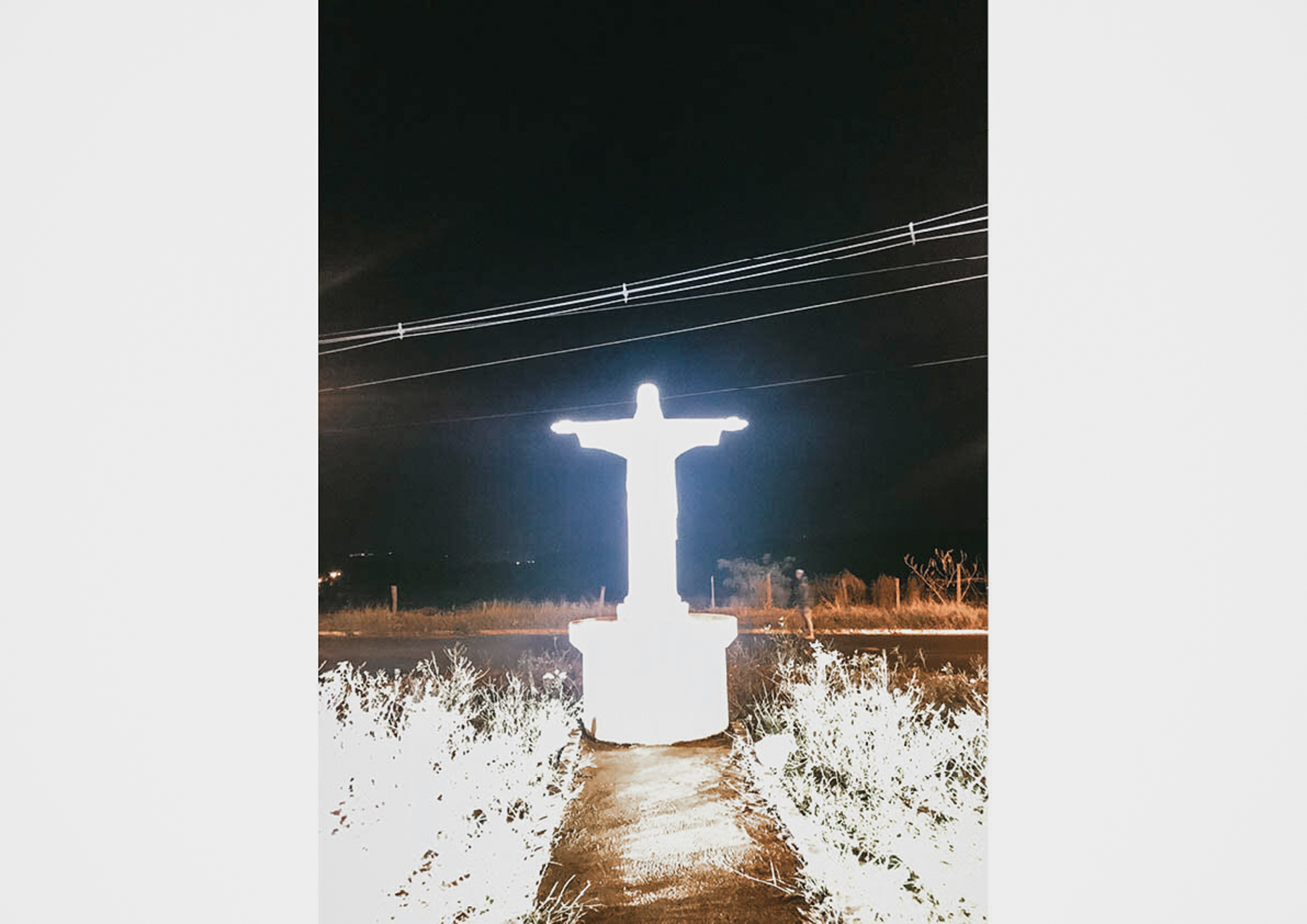 | |
 | |
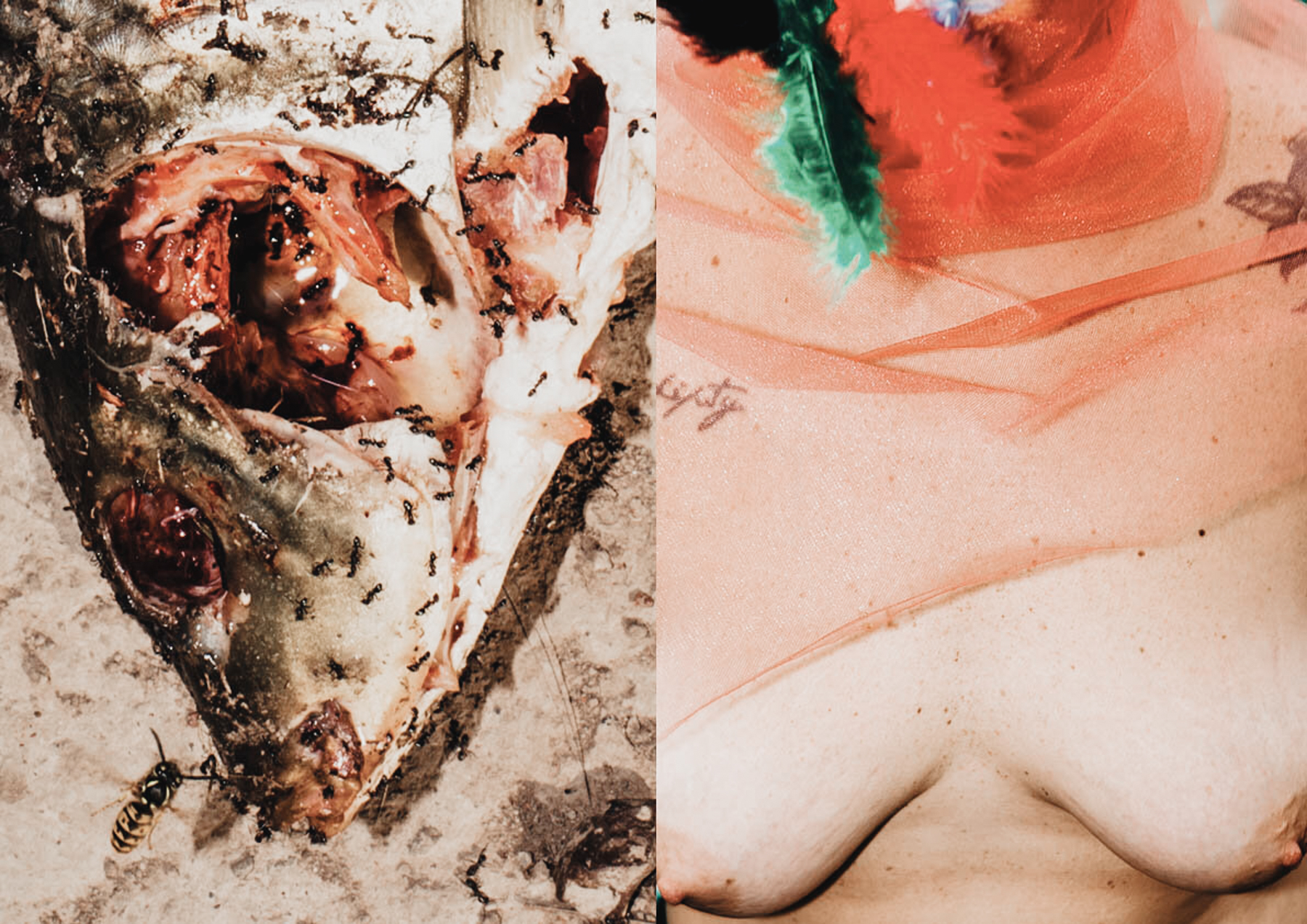 | |
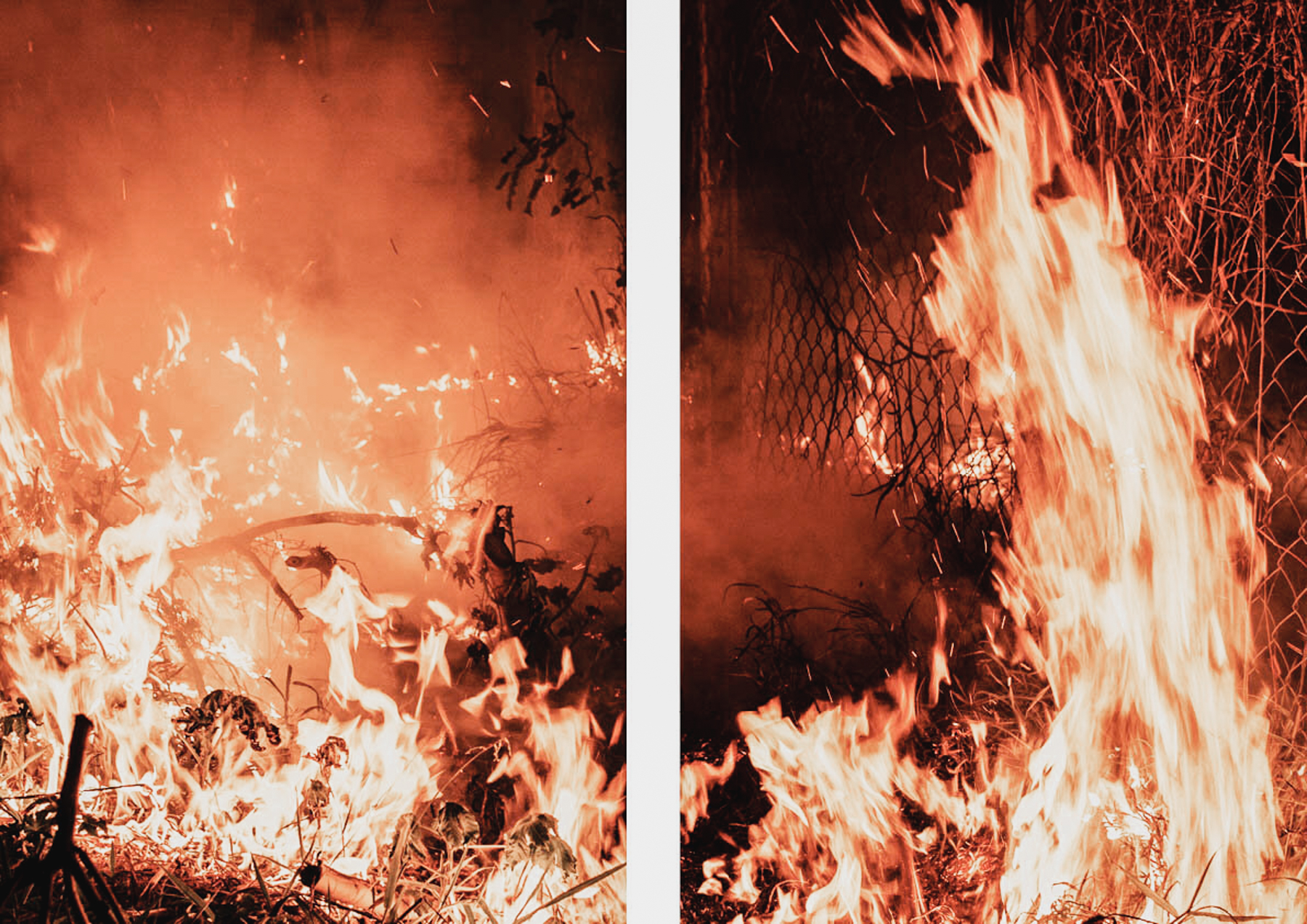 |
– In the The Censored Exhibition exhibition.
Honourable Mention
The audience voted for their favourite photo: ‘Fraternal socialist kiss between Lyudmila Brezhnev and Erica Honecker. 1979’ by Ana Amado. The jury pre-selected it among the finalists for its powerful recreation of a historical moment to point out the yet present imbalance between men and women when we speak of leadership positions. See the image in the header.
You can view even more of the exhibitions dotted around Copenhagen. Find your nearest impromptu gallery using their interactive map.

